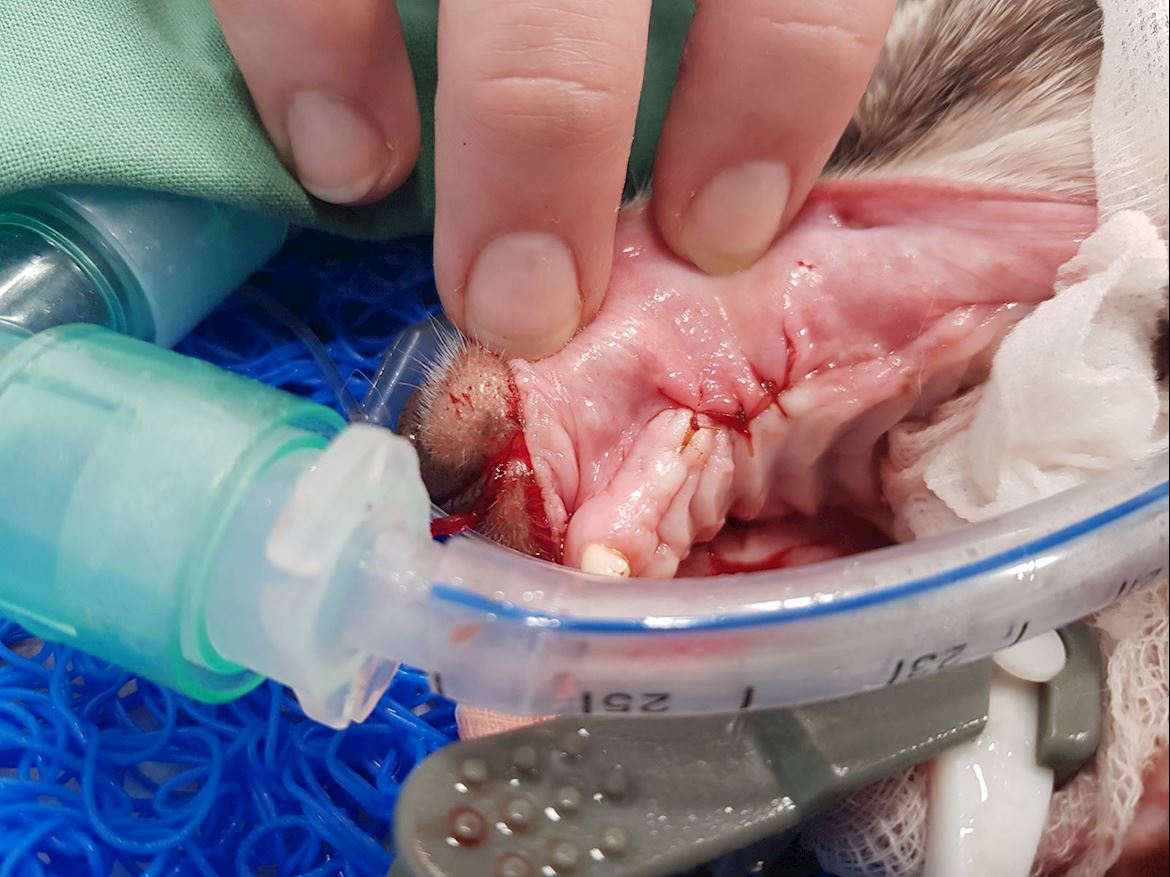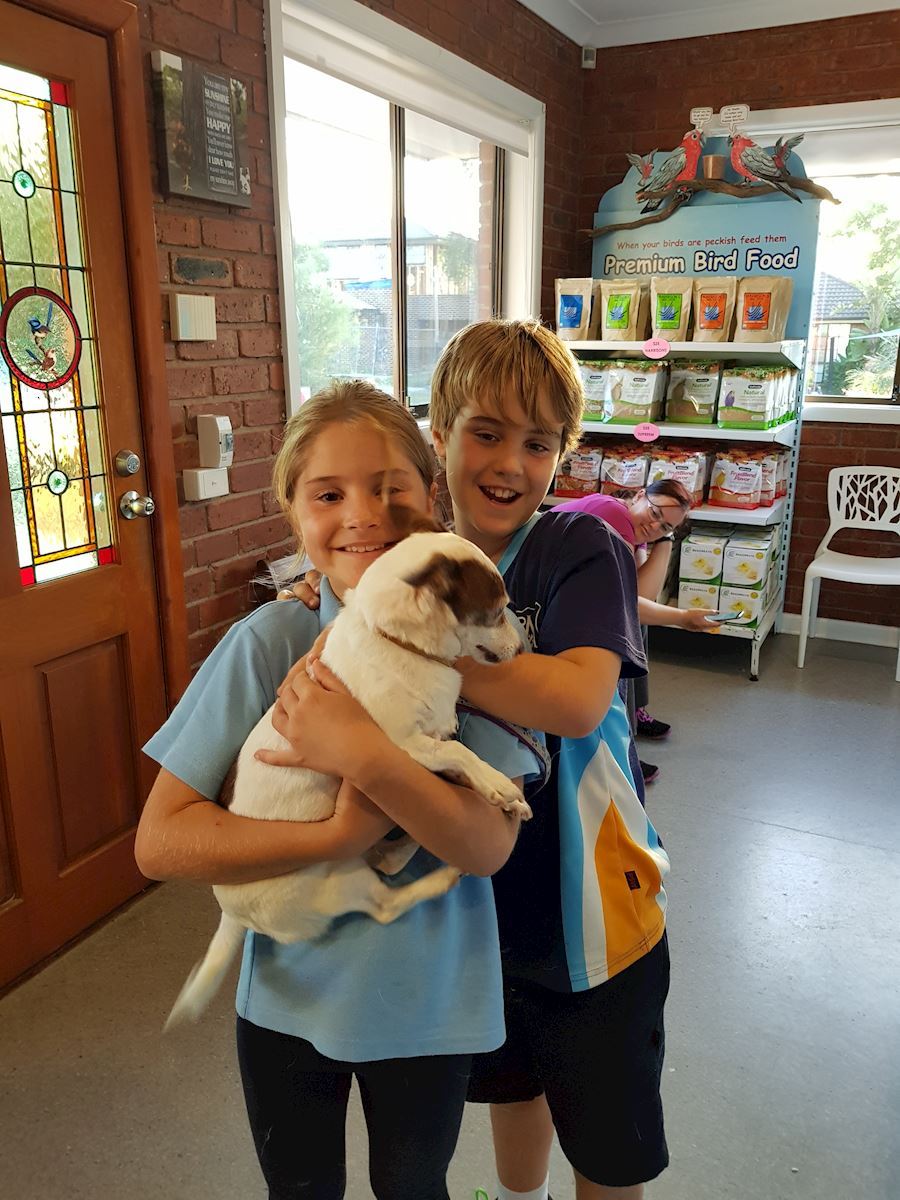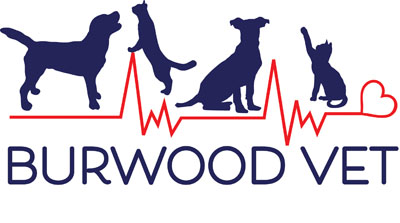Frequently Asked Vet Dental Questions

How long does it take to get an appointment with the Dentistry veterinarian?
A Usually with in 72 hours
Do I have to have a referral n in order to be able to make an appointment with the vet Dentist?
No, not needed
How long will the receiving appointment take?
The appointment will take 30 minutes
When will the dental procedure be done?
The procedure will be done the following day and often if needed and booked in , on the same day.
Does my pet have to stay overnight?
No – home a few hours after the procedure
When can my pet go home?
Discharge is usually between 3 PM and 6:00 PM the day of the veterinary dental.
How risky is anesthesia?
Relatively safe.
My dog has just fractured one of his canine teeth, what should I do?
There is a window of up to 48 hours from fracture in which a veterinary dentist could intervene and by performing a procedure named partial coronal pulpectomy (or vital pulp therapy) save the tooth vitality (with about 80% success rate). If more than 48 hours have passed since the fracture occurred a root canal treatment can be performed.( we do not perform root canals)
I have heard that a broken tooth is fine, and we can just watch it. Why do you want to treat it?
Fractured teeth with pulp exposure are at high risk of developing other complications. Initially, the tooth is very painful as the pulp is made up of nerves and blood vessels that are exposed to the air.
Over time, the dead pulp becomes infected, and a tooth root abscess may develop. T
Why can’t I take my pet to the groomer to have his teeth cleaned?
You can for minor cleaning procedures and routine prophylaxis. Its important to start early and get your pets used to it.
My animal is being aggressive to people and/or other animals. Would extraction or ‘clipping’ of the teeth help?
NO
How will my animal eat if most or all of the teeth are extracted during dental treatment?
Dogs and cats that have no teeth at all are still able to eat regular food, including dry kibble, as long as its size is not too big according to the size of the animal.
Can dental disease affect my pet’s general health?
The most common dental disease in dogs and cats is periodontal disease, which is a gradual but progressive loss of the supportive structure of the teeth caused by the oral bacteria accumulating in the plaque and calculus. The discomfort and pain could cause the pet to change its eating patterns, loose weight, and be less active.
The bacteria accumulated in the plaque and calculus may reach the blood-stream causing inflammation and thus compromising other internal organs such as kidneys, heart and liver.

